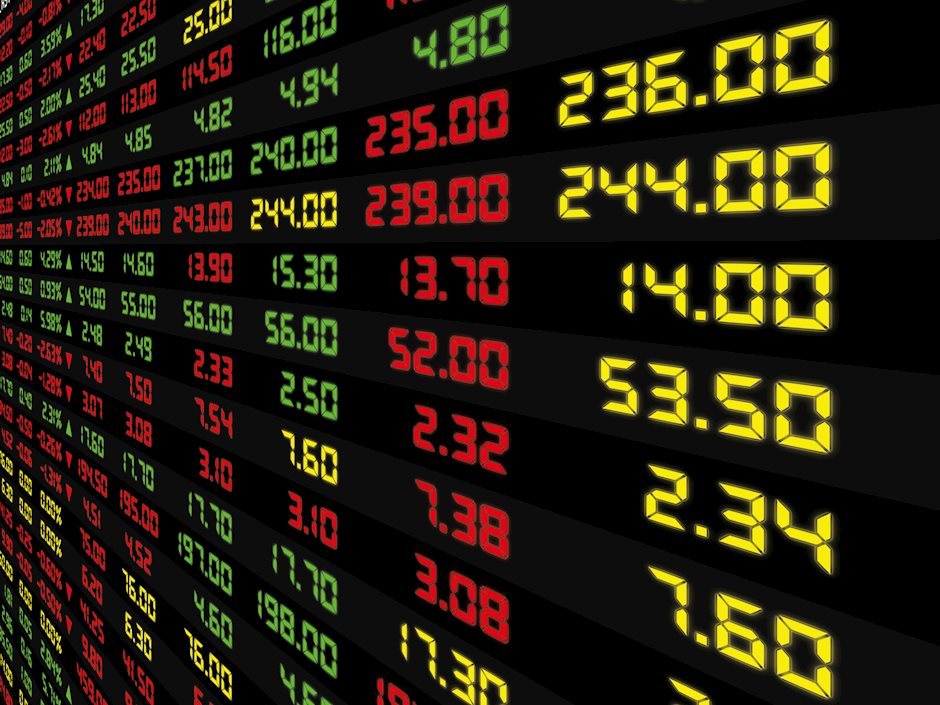Fake Markets and Return of the “Plunge Protection Team”

It's amazing what passes as a market these days.
Stocks rallied during the Christmas week, and the mainstream financial press would like you to believe bargain hunters swooped in after the weeks of heavy selling to grab some deals. The truth is there are very few actual people still evaluating the merits of publicly traded companies.
The markets are driven by programmed trading and central planning. The artificial nature of markets was on full display last week.
Let's walk through the series of events...
Steve Mnuchin called the CEO's of the six largest banks in America on Sunday, December 23rd. The next day, Christmas Eve, Mnuchin held a conference call with the Working Group on Financial Markets – aka the "Plunge Protection Team." Perhaps most of these people were away from their desks, because the DOW promptly plunged 650 points.
It appears they were back in the office and ready to go by Wednesday. The DOW rallied almost 1,100 points when trading resumed after the Christmas holiday. It was the largest single-day point gain in history.
There are currently 505 stocks in the S&P 500 Index. 504 of them closed higher on Wednesday. So which stock was the one that fell?
It was Newmont Mining (NYSE:NEM) – the only precious metals miner included in the index!
That kind of movement in markets is not driven by swarms of unique investors evaluating the merits of several hundred individual firms and making independent buy and sell decisions.
It looks more like what you get when a tiny group of Wall Street bank CEOs and the Plunge Protection Team get urgent phone calls from the Treasury Secretary with serious concerns about falling stock prices.
Given the prevalence of algorithmic trading and the mandate Fed bankers have claimed to constantly intervene, U.S. markets may be just as artificial as those in Russia at the height of Communist control. Soviet bureaucrats set the price of wheat back then. U.S. bureaucrats and bankers control the prices of stocks and futures market contracts now.
Retail American investors are being deliberately trained. The lesson is that stocks have a limited downside and unlimited upside. They should always buy certain favored assets – and buy more on every dip.
Central bankers and Wall Street CEOs are working together to keep the bubble growing in stock prices and they have given up being discreet about it.
Last week's moves were intended to inspire confidence. For those of us who still care about free markets, they had the opposite effect.
To receive free commentary and analysis on the gold and silver markets, click here to be added to the Money Metals news service.
Author

Clint Siegner
Money Metals Exchange
Clint Siegner is a Director at Money Metals Exchange, the national precious metals company named 2015 "Dealer of the Year" in the United States by an independent global ratings group.

















